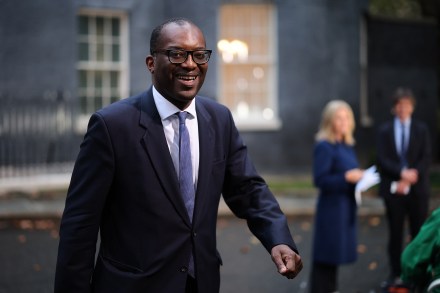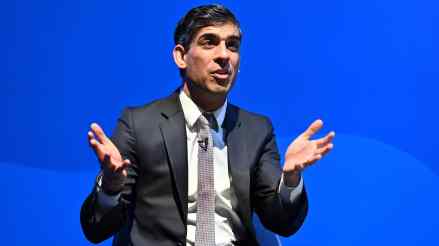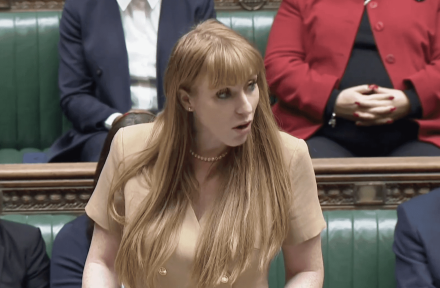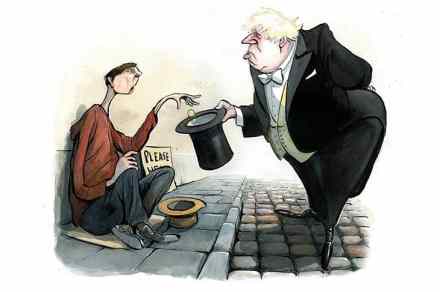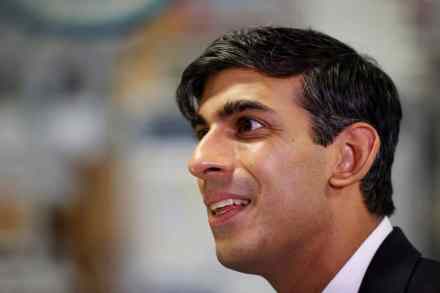The audacity of Kwarteng’s tax cut for the rich
George Osborne dreamed about it and Rishi Sunak told friends that he’d like to do it if everything went well and he was feeling brave. But this morning Kwasi Kwarteng has gone ahead and done it. The ‘additional rate of tax’ – set up by Gordon Brown as a trap for the Tories in 2009 – has just been abolished. Right now, those earning more than £150,000 per year will pay 48.25 per cent on every pound they earn (45 per cent income tax plus 3.25 per cent National Insurance). From April next year, it will fall to 42 per cent (40 per cent income tax plus 2 per cent NI).
